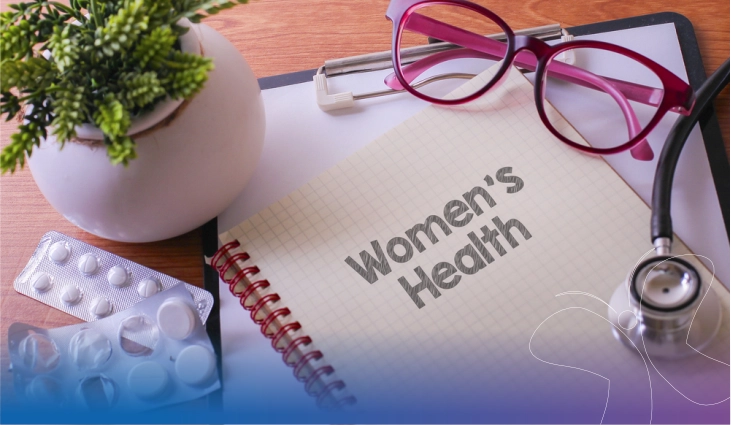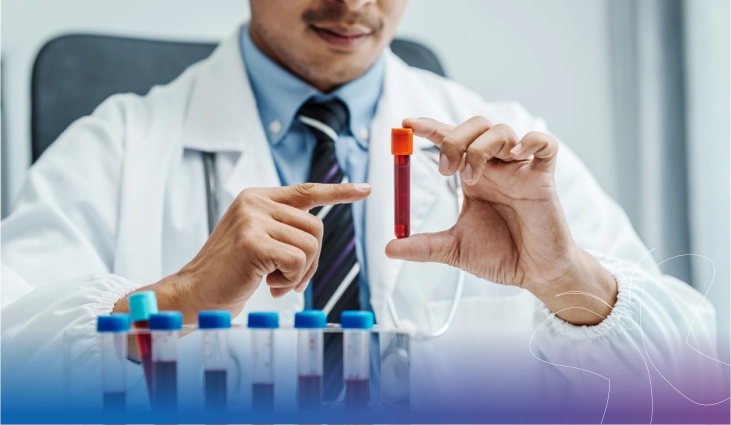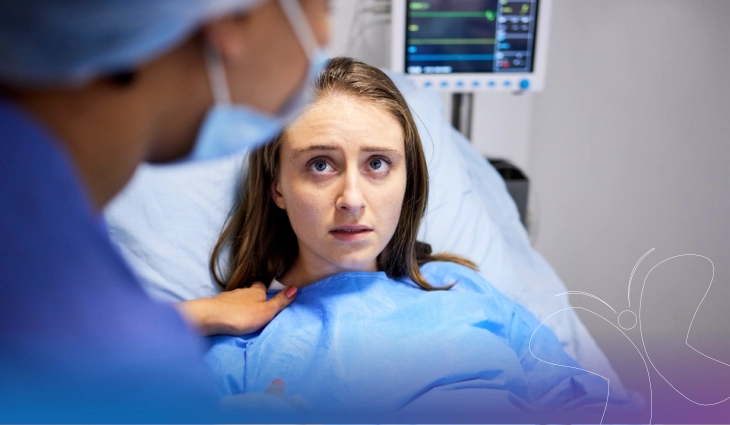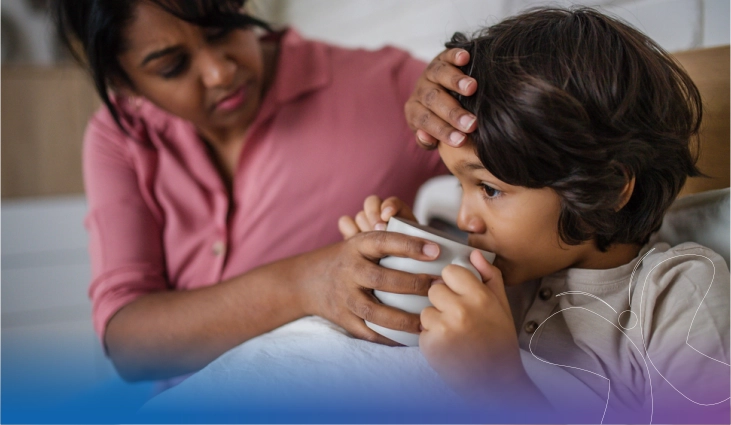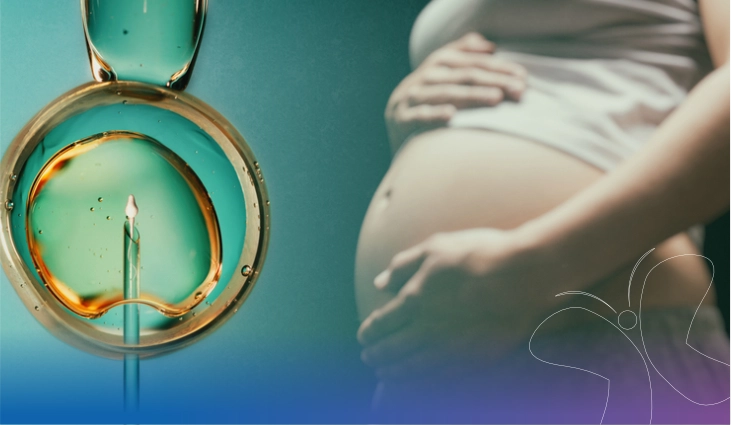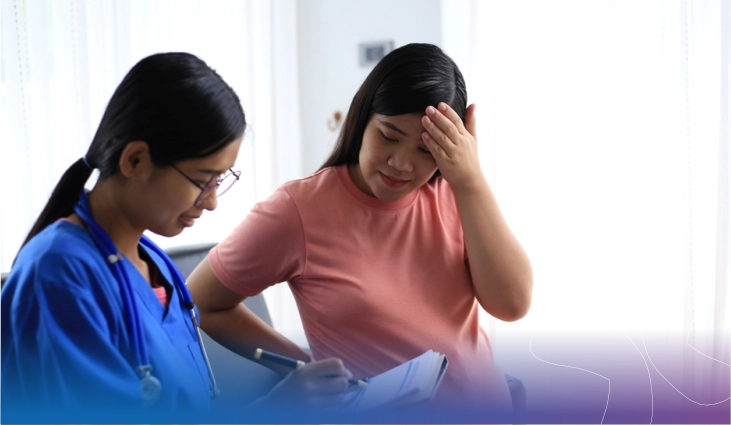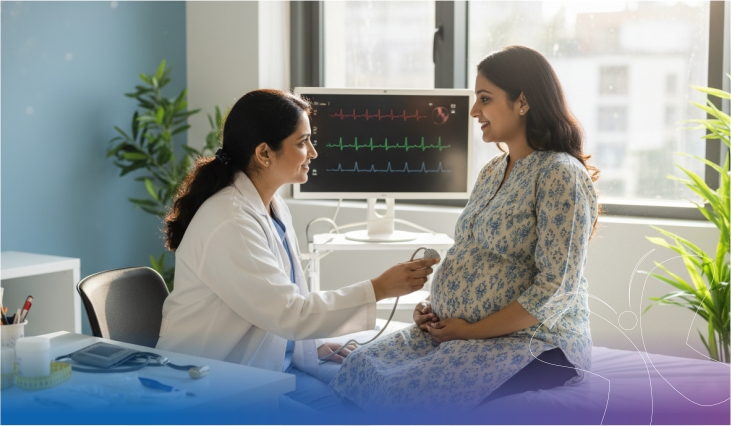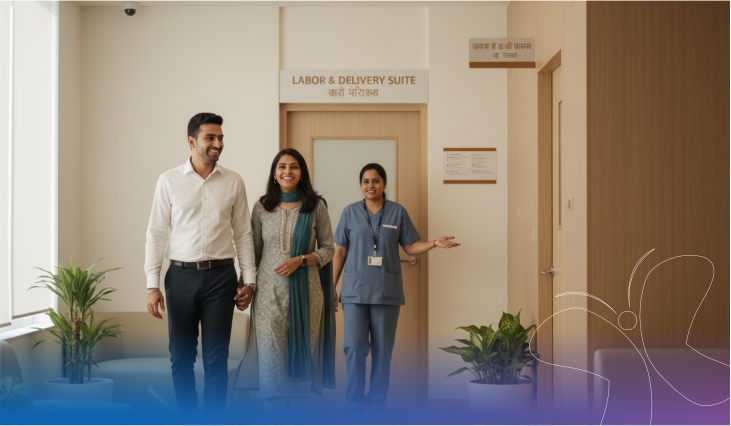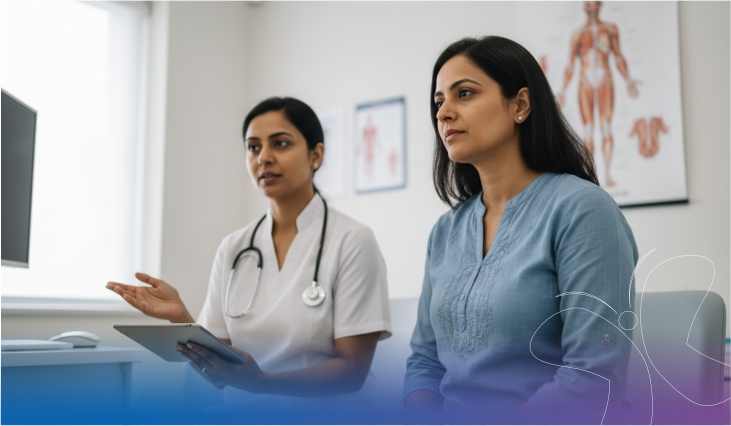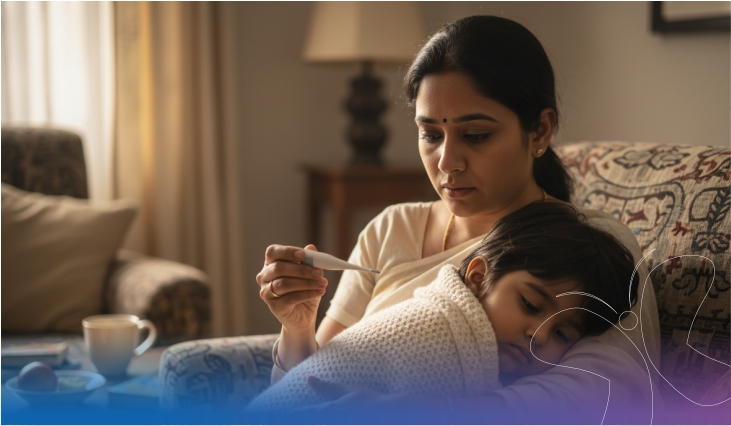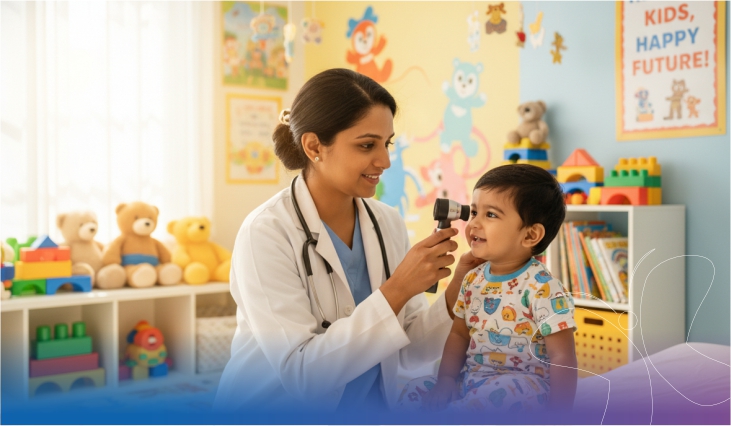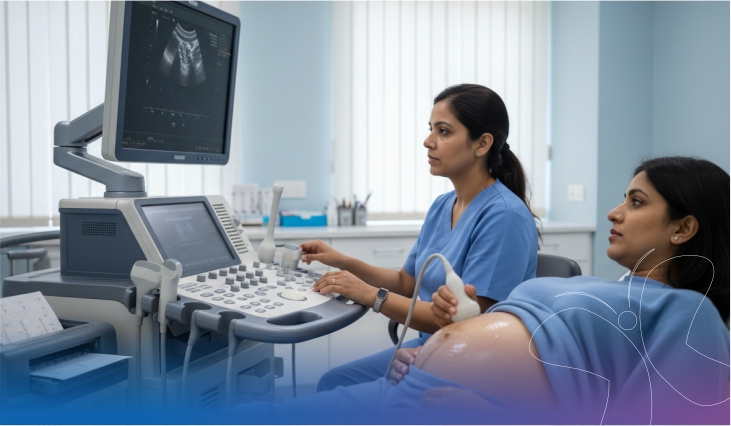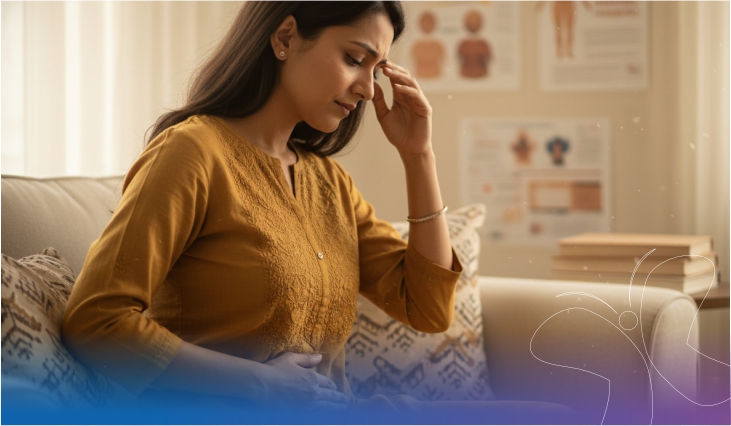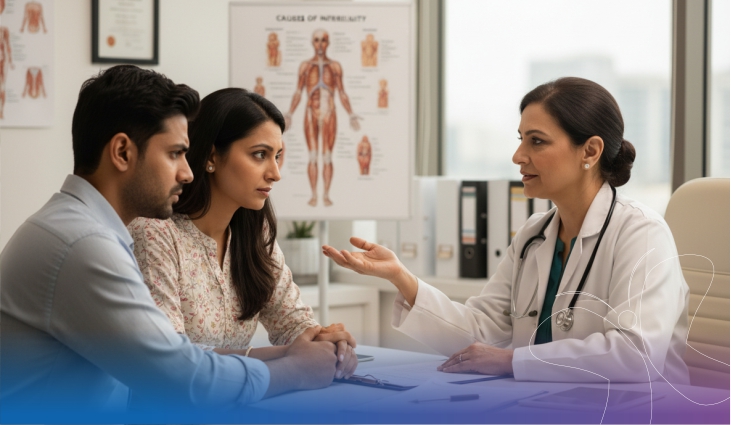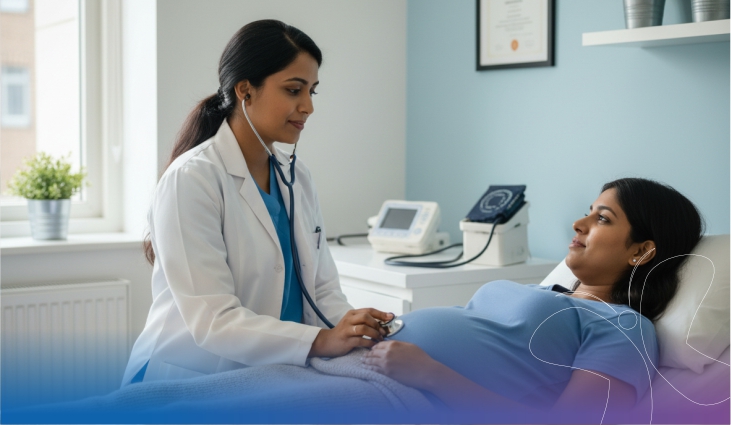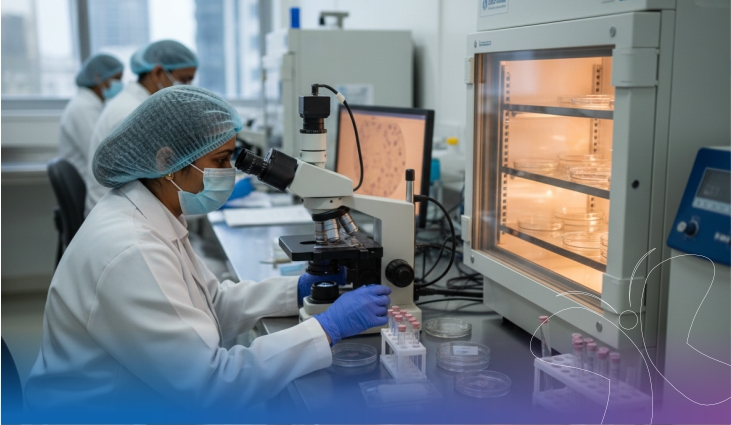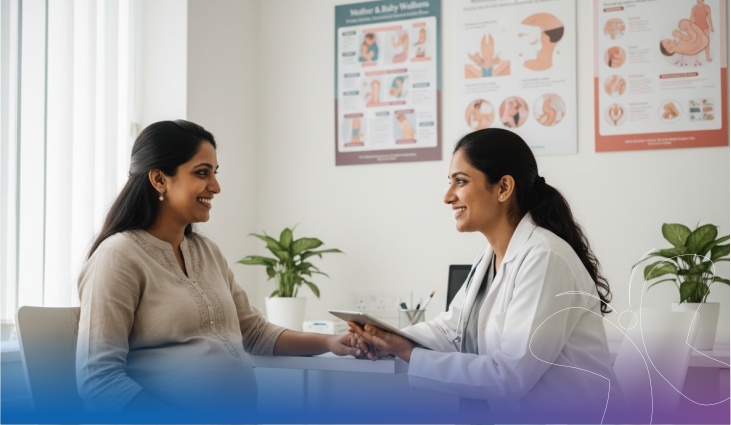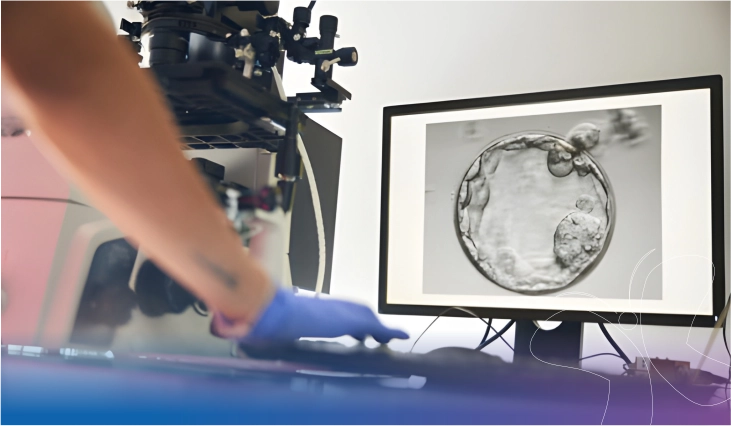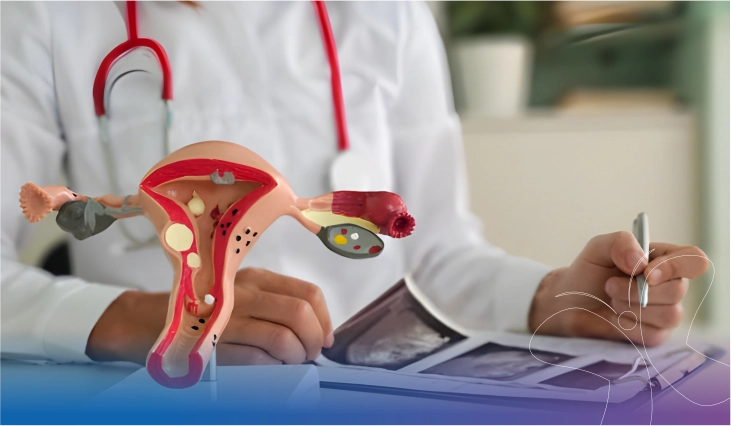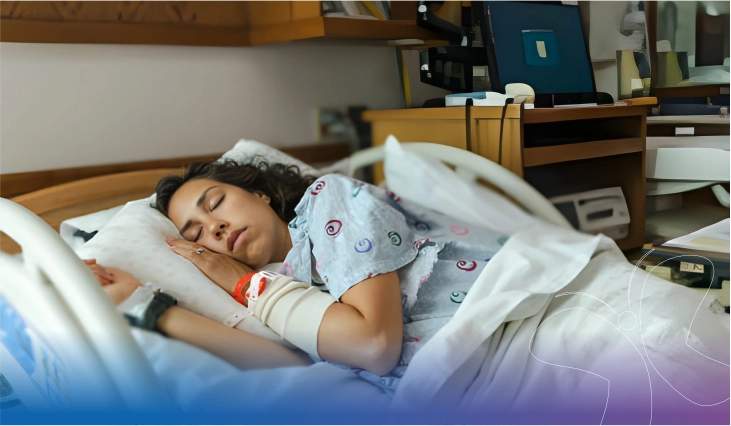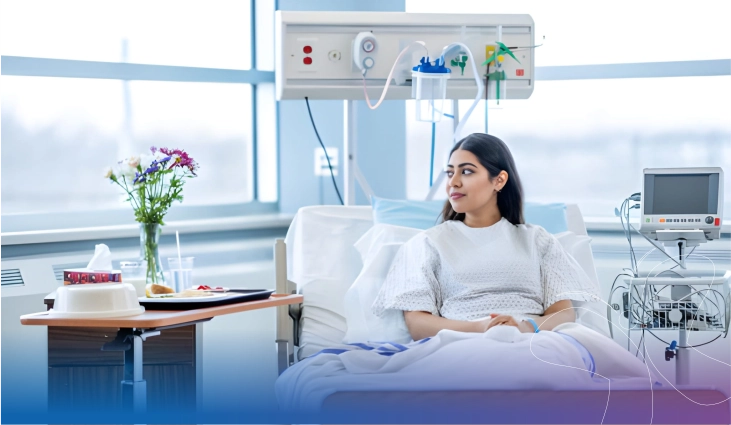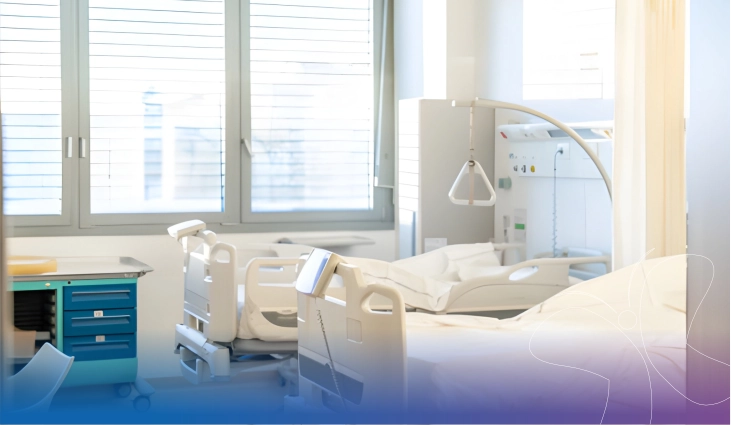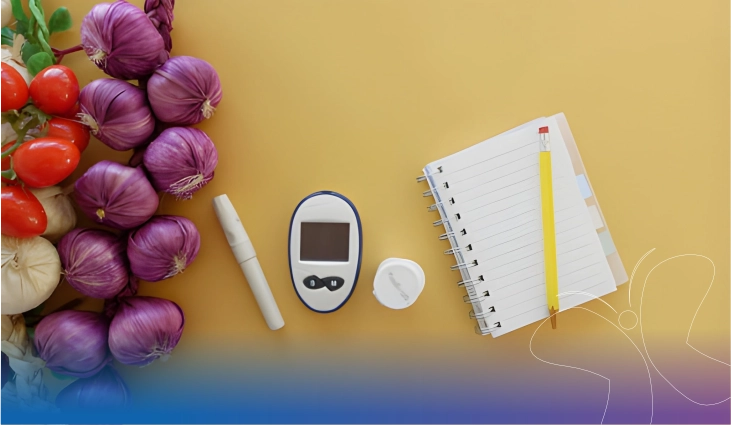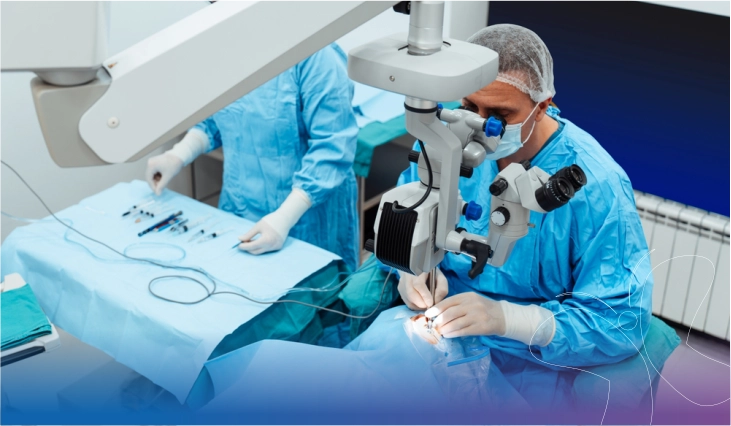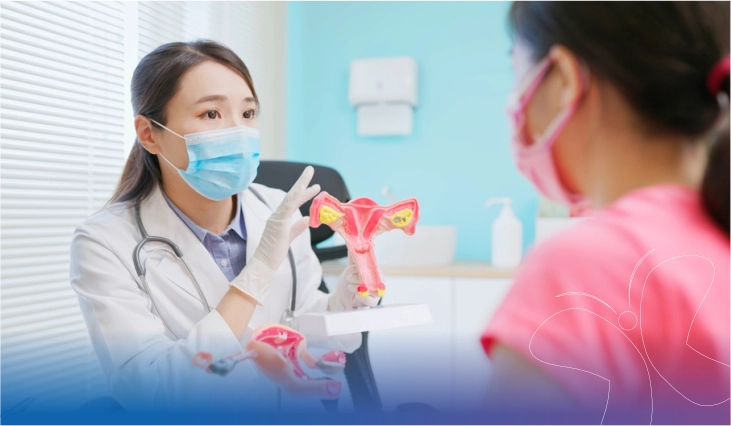Women's health is a big field that changes all the time as women become older. From puberty to menopause and beyond, women face health problems that are distinct from those of males. These problems need to be fixed swiftly and with the help of experts. Some symptoms may not seem significant at first, but if you don't pay attention to them, they could turn into difficulties that last a long time. Women can live healthier, happier lives if they know about common health issues that affect women and seek the right medical care.
You know how vital it is to see a doctor when something doesn't seem right if you've ever looked for a gynecologist near me for women’s health. Let's take a closer look at some of the health issues that women have the most and how to deal with them.
1. Periods that don't happen on a regular basis
One of the most common issues women face is having periods that don't happen on time. Things change from time to time, and that's normal. But if they happen all the time, it could be a sign of a problem like polycystic ovarian syndrome (PCOS), an imbalance in the thyroid, or even hormonal changes caused by stress.
Solution: Making changes to your lifestyle, such as losing weight, lowering stress, and working out consistently, can help keep your periods regular. But you shouldn't ignore problems that keep coming up.
3. The time before and after menopause
All women go through menopause in their late 40s or early 50s. Some common signs are hot flashes, mood swings, loss of bone density, and difficulties sleeping. A lot of women don't ask for help because they think it's just a "normal phase" they have to get through.
A menopause specialist doctor can make a big difference. Some treatments that may be available include hormone replacement therapy, modifications to your diet, or other therapies that help with symptoms and lessen the risk of osteoporosis and heart disease. Early intervention helps women stay healthy and emotionally stable throughout this time of adjustment.
4. Concerns About Breast Health
Breast health is another crucial facet of women's health. You should always get lumps, discharge from the nipple, or soreness that doesn't go away checked out. Not every symptom with the breast means cancer, but detecting them early could save lives.
Monthly self-exams, regular mammograms after age 40, and contacting a gynecologist if you notice anything strange are all important things to do. If you notice anything unusual, go to a best gynecology clinic soon once for an evaluation.
5. UTIs, which are infections of the urinary tract
Women are more likely to have urinary tract infections because of how their bodies are made. Common symptoms like wanting to urinate a lot, burning emotions, or pelvic pain can make it hard to go about your daily life if they aren't treated.
Solution: The answer is to minimize your risk by making minor changes to your daily life, such as drinking enough water, staying clean, and staying away from things that upset you. A gynecologist should check into UTIs that keep coming back since they could be an indication of a more serious health issue that needs special care.
6. The health of your mind and feelings
It's crucial to be physically healthy, but it's necessary to be mentally and emotionally healthy. After giving birth, women may feel worried, depressed, or emotionally unstable due to changes in their hormones and their lives.
Solution: Counseling that is supportive, mindfulness practices, and medicine when necessary can all be helpful. When women can talk to doctors and nurses about anything, they get full treatment that takes care of both their bodies and minds.
7. Every woman should make screenings that help prevent problems a priority.
Even if they only detect problems that are already there, preventive screenings are very beneficial for long-term health. These are:
- Pap smears for cervical cancer
- Mammograms to maintain your breasts healthy
- Scans of bone density after menopause
- Checks for diabetes and high blood pressure on a regular basis
These exams give women the ability to stay one step ahead of possible issues.
When to See a Gynecologist
It might be hard to know when to seek help. Here are some things to keep an eye out for:
- Long periods that are still not regular even when you change your way of living (irregular periods treatment)
- Heavy bleeding or pelvic pain that doesn't have a clear cause
- Menopause symptoms that make it hard to get through the day
- Changes in the breasts that continue longer than a few weeks
- Getting the urinary or reproductive systems infected over and over again
If you hunt for a gynecologist near me for women’s health, you can be sure that you will get specialized, caring care from an expert who knows what you need.
Taking care of women's health
There are problems at every stage of a woman's life, but knowing about them and getting care on time can help minimize small problems from becoming huge ones. Taking action early can have a huge impact on your long-term health. For example, you could choose the best gynecology clinic for irregular periods treatment, consult a menopause specialist doctor, or merely set up monthly checkups.
At Flowrence Hospital, we are committed to providing full care to women of all ages. In a friendly setting, our team of skilled gynecologists and specialists makes sure that every woman gets the right diagnosis, attentive counsel, and cutting-edge treatment. Because your health is important.




